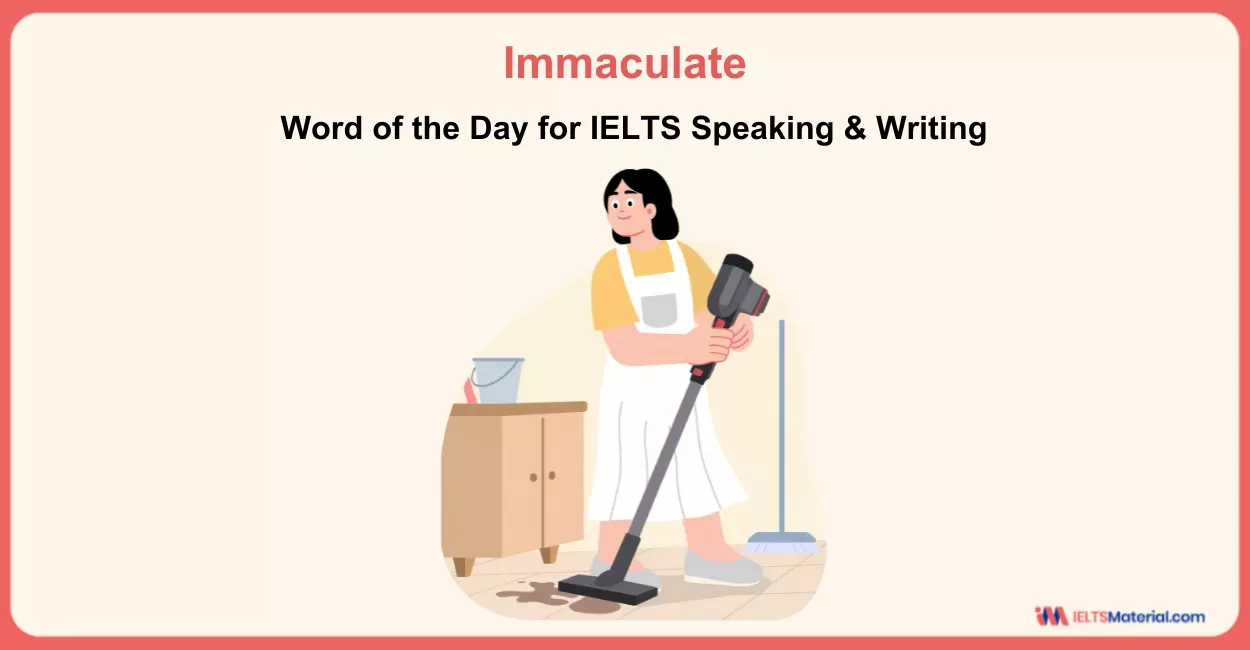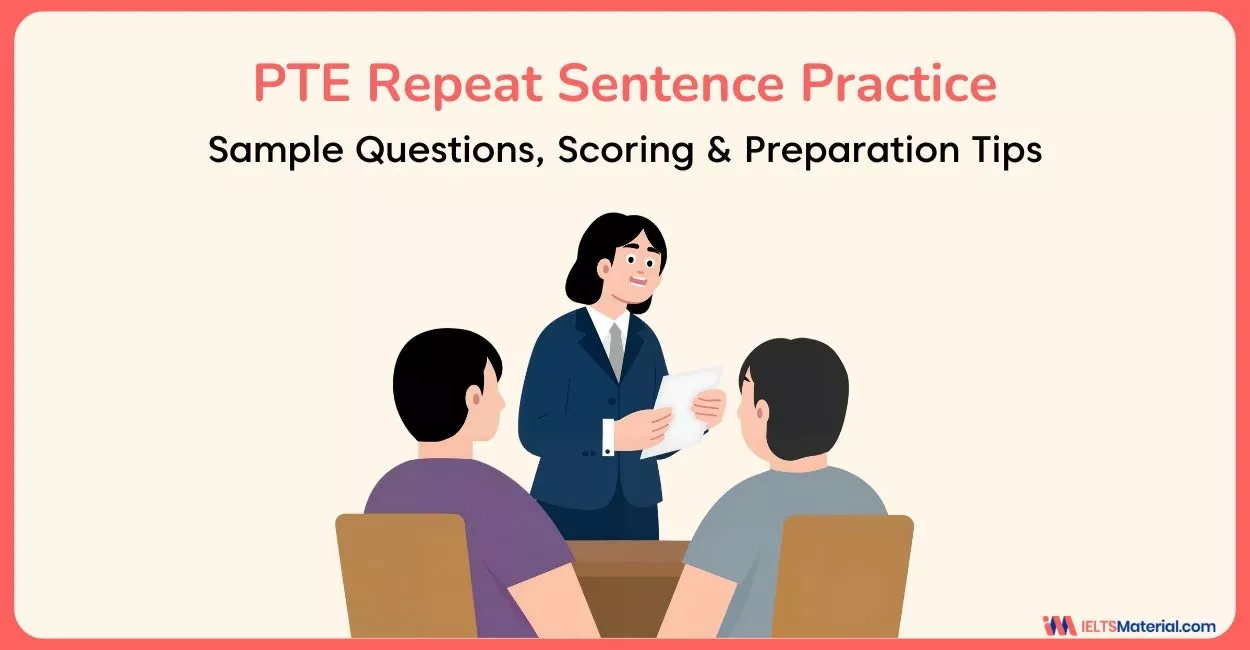Useful transition words for IELTS Speaking & Writing Task 2 – Adversative Transitions
Want to ace the IELTS Speaking and Writing task 2 sections? Check out the Useful transition words for IELTS Speaking & Writing Task 2 – Adversative Transitions and learn the strategies to achieve a band 8+ in the IELTS exam.
Table of Contents
- What are transitions and how are they used?
- Importance of Useful transition words for IELTS Speaking & Writing Task 2 – Adversative Transitions
- List of Useful transition words for IELTS Speaking & Writing Task 2 – Adversative Transitions
- Strategies to Incorporate Useful transition words for IELTS Speaking & Writing Task 2 – Adversative Transitions

Limited-Time Offer : Access a FREE 10-Day IELTS Study Plan!
Transition words are excellent tools for building smooth and coherent writing and speech for which you must be aware of the Useful transition words for IELTS Speaking & Writing Task 2 – Adversative Transitions. Your ability to employ them in the IELTS Exam will considerably affect your Coherence and Cohesion band score. Adversative transitions indicate contrast or oppositions between ideas. By incorporating them in your answers, you will be able to get a higher band score.
One needs to be aware of how to use these adversative transition words. Along with it, you must also familiariz yourself with the required strategies to utilize them in your answer to perform better in the IELTS exam. As you prepare, it is necessary to learn the way these words must be used in your responses to achieve a higher IELTS Band Score of 8+.
Let's check it out!
Connect with our IELTS Experts to crack your IELTS Speaking and ace the exam with a band 8+! Book a Free Demo!
What are transitions and how are they used?
Transitions can be either phrases or words to help show relationships between ideas in sentences and paragraphs. Therefore, they play an important role in IELTS Writing. The best part about transition words is that they can be easily inserted in many different places throughout an essay.
 There are 4 types of transitions such as Additive transitions, Adversative transitions, Causal transitions, and Sequential transitions. However, you must also be aware of how to use these in your answers for IELTS Speaking and Writing Sections. The table below shows the four types of transition words along with its usage and examples.
There are 4 types of transitions such as Additive transitions, Adversative transitions, Causal transitions, and Sequential transitions. However, you must also be aware of how to use these in your answers for IELTS Speaking and Writing Sections. The table below shows the four types of transition words along with its usage and examples.
| Type of Transition Words | Purpose | Words |
| Additive | Add information or show similarity |
|
| Adversative | Show contrast or contradiction |
|
| Causal | Show cause-and-effect relationships |
|
| Sequential | Show order or progression |
|
Importance of Useful transition words for IELTS Speaking & Writing Task 2 – Adversative Transitions
As you are preparing for the IELTS exam, it is important to know when to use the adversative transition words in speaking and the IELTS Writing Task 2. Not only do these transitions help the candidate in displaying a capacity for viewing multiple perspectives, but they also increase the coherence and cohesion of your answers. However, mastering adversative transitions would help the IELTS test-takers to present ideas in both spoken and written English. Below are some of the important factors which can help individuals to enhance their skills.
- Using adversative transitions would help state contrasting ideas and then organize these into arguments.
- Display logical thinking by presenting opposing views.
- Improve your Coherence and Cohesion by establishing a logical connection between ideas.
- Build your Lexical Resource by displaying variety in using the IELTS Vocabulary words.
List of Useful transition words for IELTS Speaking & Writing Task 2 – Adversative Transitions
A clear, logical, well-structured argument must be presented for which you must be aware of How to Get Band 8 in IELTS Exam. In talking about complex issues or balancing out an argument, adversative transitions are key, especially when showing contrast, disagreement, or opposing views. Below is a rich variety of useful adversative transitions which show signal conflict, contradiction concession, dismissal, etc.
1. Conflict :
| but | by way of contrast | while | on the other hand |
| however | (and) yet | whereas | though (final position) |
| in contrast | when in fact | conversely | still |
Eg: Women suffering from anorexia are still convinced that their thin, frail bodies are fat and unsightly. Conversely, some people who are a great deal heavier than they should be can persuade themselves that they are ‘just right’.
We thought she was arrogant, whereas, in fact, she was just very shy.
2. Emphasis :
| even more | above all | indeed | more importantly | besides |
Eg: I don’t mind at all. Indeed, I would be delighted to help.
3. Concession :
| but even so | nevertheless | even though | on the other hand | admittedly |
| however | nonetheless | despite (this) | notwithstanding (this) | albeit |
| (and) still | although | in spite of (this) | regardless (of this) | |
| (and) yet | though | granted (this) | be that as it may |
Eg: He finally agreed, albeit reluctantly, to help us.
Notwithstanding some major financial problems, the school has had a successful year.
4. Dismissal :
| either way | whichever happens | in either event | in any case | at any rate |
| in either case | whatever happens | all the same | in any event |
Eg: Whatever happens, don’t let go of my hand
At any rate, I will work my butt off to achieve it!
5. Replacement :
| (or) at least | (or) rather | instead |
Eg: He didn’t reply. Rather, he turned on his heel and left the room.
She said nothing, preferring instead to save her comments till later.
Buy the Comprehensive IELTS Speaking Band 8 Preparation Course and take a step towards success!
Strategies to Incorporate Useful transition words for IELTS Speaking & Writing Task 2 – Adversative Transitions
Along with all the other types of transitions, adversative transitions are also very helpful in expressing contrast or opposing ideas. This becomes especially necessary in the argumentative types of essays or balanced discussions. However, you must know how to use different strategies to utilize the Useful transition words for IELTS Speaking & Writing Task 2 – Adversative Transitions. Below are the tips to be used and level up your preparation.
- Present Balanced Arguments Using Adversative Transitions - When you encounter a discussion essay type, use an adversative transition to introduce the other viewpoint.
- Contrasting opinion - When you get an essay question which asks you for your opinion, it is common to challenge a general opinion and introduce your perspective on the contrary. Use adversative words to implement this opinion which would also help in the logical arrangement of the ideas.
- Provide flexible responses - In IELTS Speaking Part 3, you can show that you are a more flexible speaker and use adversative transitions to frame your point. This would guide you to elaborate your reasons for justifying your complex ideas.
- Use synonym to avoid repetition - Avoid repeating the same transition words. Remember to adopt other words such as ‘nevertheless’, ‘yet’, or ‘even so,’ instead of just using ‘however’ every time and hence, it is overused.
- Prepare using words on a regular basis - Practice using the adversative transitions so that you become confident in using them on the test day. As you prepare, you can use these words in different sentences.
- Helps to sound natural - By using these words, you can avoid sounding robotic rather you would sound very natural. In this way, your voice intonation can be worked upon and you would be able to hone your skills for increasing your English language proficiency level.
Enroll into our Free IELTS Webinar and learn more about techniques to improve your speaking skills to achieve a band 8+.
Once you are familiar with useful transition words, dealing with IELTS speaking and writing task 2 becomes much easier. This is essential to sound more proficient in English dialects since you would be able to connect ideas. Along with that, this will enable you to present complex points appropriately which will guarantee you a score of band 8+. Start with a list of transitions, implement them in sentences, and then use them in your verbal and written preparation.
Also Check:
Explore IELTS Speaking

Start Preparing for IELTS: Get Your 10-Day Study Plan Today!
Explore other IELTS Articles

Kasturika Samanta

Haniya Yashfeen
Recent Articles
Haniya Yashfeen

Kasturika Samanta

Kasturika Samanta







Post your Comments